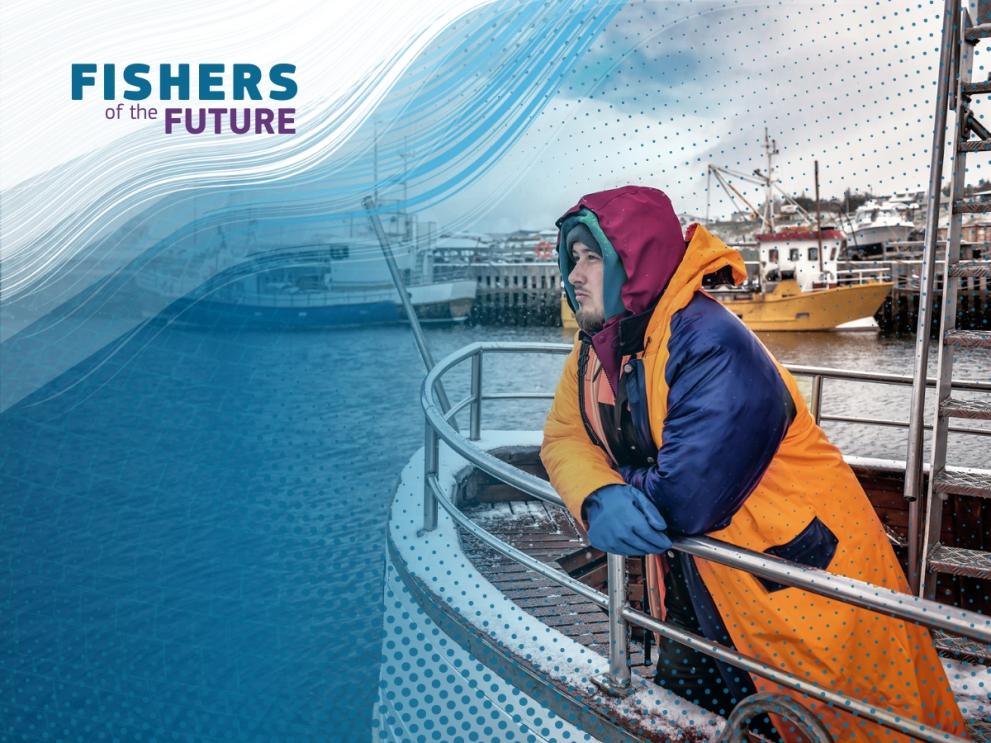Values: quality seafood, reform/change, sustainability.
The innovative fisher is typically a younger man, with specific vocational training in fishing and who lives in a fishing community in any of the EU sea basins. He owns and captains a small-scale under 12 m vessel that he recently acquired and uses passive gear to target demersal species and shellfish. Or, if he has been in the profession for longer, he owns and manages several small vessels while still fishing himself. He works on a full-time basis in fishing, and hires local crew when he needs to and looks after his personnel well because respect is what he thinks will attract and retain new blood in the industry.
For him, one of the main attractions of fishing is to be his own boss and to be able to take matters in his own hands. He knows that realistically, the support he can expect from the authorities is limited, for example, to finance innovation and improvements on his boat, but he has a positive outlook and faith in his own resourcefulness to find solutions and move the family fishing business forward, even when circumstances are hard.
He likes the contact with the elements and the adrenaline of the job, but also finds that the image of fishers as reckless and rebels is no longer true and even detrimental. Profitability is important for sure, but equally so for him are an ecological balance and long-term sustainability, and he thinks that small-scale coastal fishing has a real comparative advantage for this. So, he can’t help but get frustrated with the imposition of so many rules that he sees would be more appropriate and relevant for larger fleets. He has become increasingly vocal about this issue, which has earned him the respect and support of his peers.
He is also following closely wind energy developments offshore to ensure that they do not unnecessarily compromise his fishing grounds. Not only is he committed to making a fulfilling career out of fishing for himself and other fishers, but he is also confident that, now in a leadership position, he can improve the sector’s image and bring about positive change in the profession and the way resources are managed. In particular he campaigns and engages actively to bring small-scale operators together to increase their voice, works to increase awareness by chefs and consumers about the need to pay fair prices for locally-caught produce with a low carbon footprint, supports safety improvements onboard vessels, and advocates for the promotion and adoption of green technology in vessel and gear design and digital innovation.
This list of fishers’ profiles today is not exhaustive. It is meant to capture a broad range of characteristics in order to inform the next phases of the project. Possible profiles of future fishers will be published at the end of the study.

